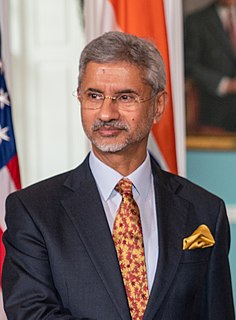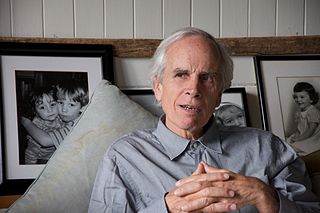A Quote by Erik Brynjolfsson
G.D.P. is not a measure of how much value is produced for consumers. Everybody should recognize that G.D.P. is not a welfare metric.
Related Quotes
. . . But experience has taught me that you cannot value dreams according to the odds of their coming true. Their real value is instirring within us the will to aspire. That will, wherever it finally leads, does at least move you forward. And after a time you may recognize That the proper measure of success is not how much you've closed the distance to some far-off goal but the quality of what you've done today.
[When you have kids] you become much more - there are two things that happen. You recognize how fragile individuals are, and you recognize the strength of the general overall group, but you don't care anymore. You're just fighting for the one thing. See and then, you also recognize that everybody, then, is also somebody's child.
Organized business has assumed that greater profits would be pretty much of a cure-all, and it has to a major extent ignored the fact that the welfare of business rests upon the welfare of the consumers of a nation; that business or free enterprise will function in a democracy only so long as the democracy functions.
Money cannot be applied to the *general welfare*, otherwise than by an application of it to some *particular* measure conducive to the general welfare. Whenever, therefore, money has been raised by the general authority, and is to be applied to a particular measure, a question arises whether the particular measure be within the enumerated authorities vested in Congress. If it be, the money requisite for it may be applied to it; if it be not, no such application can be made.




































